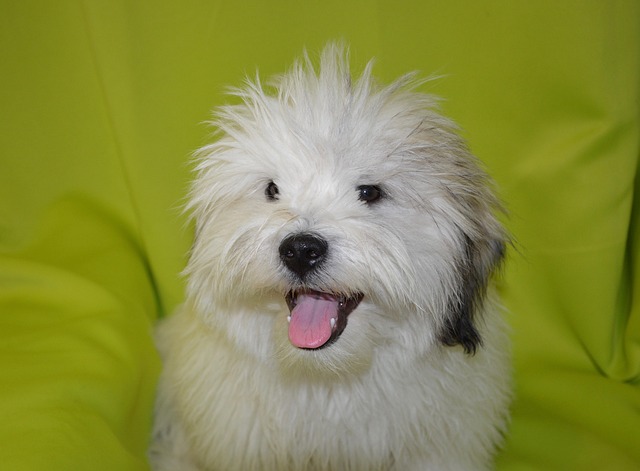
How can I tell if my dog's heatstroke is serious
Let’s be real: It’s a sticky August morning in Los Angeles, and you took your 2-year-old Golden Retriever, Max, for a walk a little later than usual
Dogs chewing their beds while home alone often stems from more than just boredom—think separation anxiety, pent-up energy, or even a natural urge to gnaw. It’s a common issue, but addressing it starts with understanding why your pup is turning their bed into a chew toy. For example, a friend’s golden retriever started tearing up his orthopedic bed after she switched to longer work hours; turns out, he was signaling stress, not just misbehaving.
First, rule out underlying needs. Make sure your dog gets enough exercise before you leave—30 minutes of brisk walking or a game of fetch can burn off energy that might otherwise fuel destructive habits. Puzzle toys stuffed with treats can keep their mind occupied, too. Just be sure any toys you leave are durable and safe, avoiding small pieces that could pose a choking hazard. Also, check local regulations: some areas have strict rules about leaving dogs unattended for extended periods, and neglecting their needs might even violate animal welfare laws.
 Next, create a secure space. Many dogs feel calmer in a crate or a gated area with their bed, but never use confinement as punishment. Gradually acclimate them to being alone by leaving for short intervals and returning without fanfare. If anxiety seems severe, consult a certified dog behaviorist—medication isn’t always the first step, but professional guidance can make a big difference. Remember, patience is key; breaking the habit might take weeks, not days.
Next, create a secure space. Many dogs feel calmer in a crate or a gated area with their bed, but never use confinement as punishment. Gradually acclimate them to being alone by leaving for short intervals and returning without fanfare. If anxiety seems severe, consult a certified dog behaviorist—medication isn’t always the first step, but professional guidance can make a big difference. Remember, patience is key; breaking the habit might take weeks, not days.
Swap out the bed if needed. Some materials are more tempting to chew than others. Heavy-duty canvas or rubberized beds are sturdier than plush ones, especially for breeds with strong jaws like pit bulls or German shepherds. Spraying a bitter-tasting deterrent (vet-approved, of course) on the bed can also discourage nipping—just test a small area first to avoid staining. And always praise your dog when you find the bed intact; positive reinforcement works better than scolding after the fact.
Consistency turns progress into habit. Stick to a routine so your dog knows what to expect, and avoid making a big deal out of departures or arrivals. Over time, they’ll learn that being alone means safety, not stress. If the behavior persists, though, don’t hesitate to ask your vet—sometimes chewing is a sign of dental pain or other health issues. With the right mix of exercise, mental stimulation, and empathy, you can help your dog feel secure enough to leave their bed in peace.

Let’s be real: It’s a sticky August morning in Los Angeles, and you took your 2-year-old Golden Retriever, Max, for a walk a little later than usual

You're enjoying a summer afternoon at the park when you notice your dog has stopped panting and appears disoriented - their gums are bright red

Let’s paint the picture: You’re in your Denver apartment, watching your 4-year-old Boston Terrier, Ruby, plop down mid-play session with her favorite toy

Many dog owners notice their pets nails seem shorter after regular walks,but how much does this daily activity actually help?The answer depends on where you walk—concrete sidewalks or asphalt streets gently file nails as a dog's paws hit the ground

Most dog owners notice their pup scooting across the carpet at some point, but few connect it to impacted anal glands. These small sacs near a dog’s rectum secrete a scent for marking territory

Most vets agree that regular dog teeth cleaning is key to avoiding painful dental issues later. For healthy adult dogs, a professional cleaning at the vet’s office every 12 to 18 months usually works well.